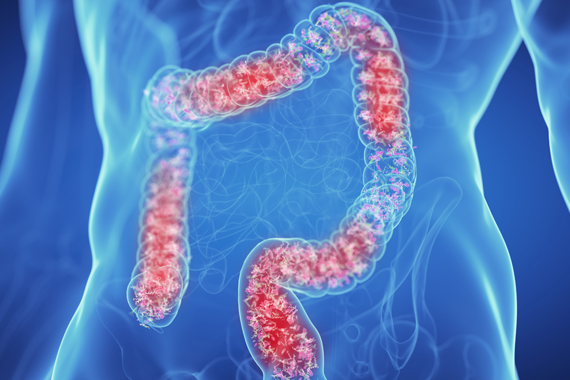- The University
- Studying
-
Research
- Profile
- Infrastructure
- Cooperations
- Services
-
Career
- Med Uni Graz as an Employer
- Educational Opportunities
- Work Environment
- Job openings
-
Health
-
Health Topics
- Health Infrastructure
-
Health Topics
Research units: Microbiome & infection


Theodor Escherich Laboratory for Microbiome Research
The goal of the Theodor Escherisch Laboratory for Microbiome Research is to clarify the role of the gastrointestinal microbiome in the development of specific gastrointestinal, infectious und immunological diseases. Our research is particularly aimed at better diagnosis and prognosis assessment of these clinical entities. For this purpose, we investigate the therapeutic potential of microorganisms in the treatment of diseases, for example through "fecal transplantation" ot the therapeutic application of microorganisms and their components.
Head of the research unit: Christoph Högenauer

Translational Microbiome Modulation
Efficacy and side effects of drugs are often based on drug interactions with the gut microbiome. We study the relationship between diseases, drug intake and the composition of the gut microbiome. The goal of the research unit is to develop strategies for microbiome modulation in order to improve the efficacy of drug therapies and reduce side effects. To achieve this, we use clinical samples, omics analysis and big-data analysis and combine clinical research with cell-based basic research.
Head of the research unit: Vanessa Stadlbauer-Köllner

Host-Pathogen Interaction
Human body is colonised with a big amount of microorganisms, which are essential for function and health. On the other hand, these organisms may cause diseases. The interaction between the human body and these microorganisms are crucial for development and course of diseases. The Research Unit for Host-Pathogen Interaction analyses this interplay in health and disease. A better understanding of these interactions may help identifying markers for diagnosing and differentiating diseases.
Head of the research unit: Volker Strenger




